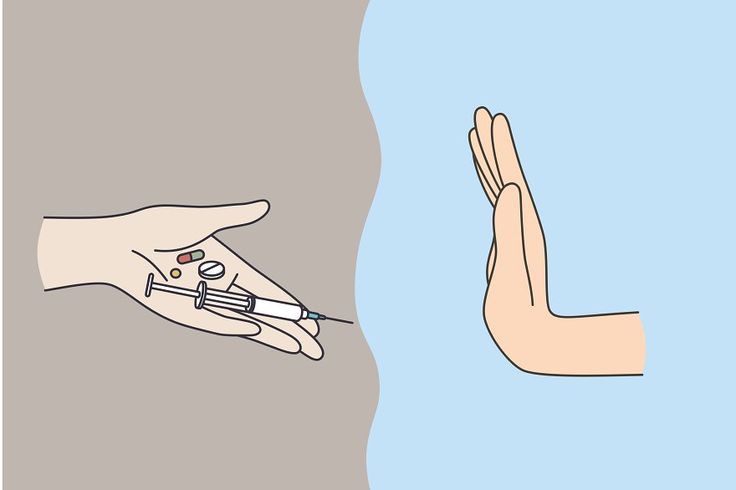Narco Analysis The term “narco-analysis” comes from the Greek word “marks,” which means “anaesthesia” or “torpor,” and it refers to a diagnostic and psychotherapeutic approach that uses psychotropic drugs, particularly barbiturates, to induce a coma…
READ MORE
The basic meaning of warrant is a document signed by a legal or government representative granting permission for the police or another organization to conduct a search or make an arrest as part of the…
READ MORE
INTRODUCTION Bail is an integral part of the criminal justice system in most nations across the globe, including India. Bail is a way to ensure that the accused is present before the court for trial,…
READ MORE
Introduction The Narcotic Drugs and Psychotropic Substances Act (NDPS Act), 1985 was given with the intent of ruling drug abuse and stopping the use, dispersion, production, and work of drugs. Narcotic drugs are those that…
READ MORE

Introduction: Under the Criminal Procedure Code, 1973, the Discharge Application is the remedy that is granted to the person who has been maliciously charged. If the allegations which have been made against him are false, this Code provides the provisions for filing a discharge application. If the evidence given before the Court is not sufficient to satisfy the offence and in the absence of any prima facie case against him, he is entitled to be discharged. Classification of Criminal Cases: The two major classifications of criminal cases under the Code of Criminal Procedure are: 1.Cases instituted on the basis of a police report (Sections 238,243). 2. Cases instituted otherwise than on police report based on the complaint (Sections 244,247). There are four types of the trial procedures provided under Cr.P.C.: Summary trials (Sections 260,265), Trial of summons cases by Magistrates (Sections 251,259), Trial of warrant cases by Magistrates (Sections 238,250) Trial before a court of Sessions (Sections 225,237). The procedure of warrant cases is used for the trial of warrant cases by the Magistrates and the trial before the court of sessions. Whereas trial of summons cases by Magistrates and summary trials are tried in a summons case trial. Discharge of accused in warrant cases on the basis of a police report. The regular procedure of law …
READ MORE
Meaning of Summon Summons is a document that orders a person to whom it was sent to appear before the Court and answer the Magistrate on the complaint made against him. It is issued by the Magistrate under Section 204 (1) (a) of Code…
READ MORE
Section 438 of Cr.P.C. deals with anticipatory bail. The anticipatory bail is nothing but a bail in the event of arrest, when any person has an apprehension or reason to believe that he may be…
READ MORE







